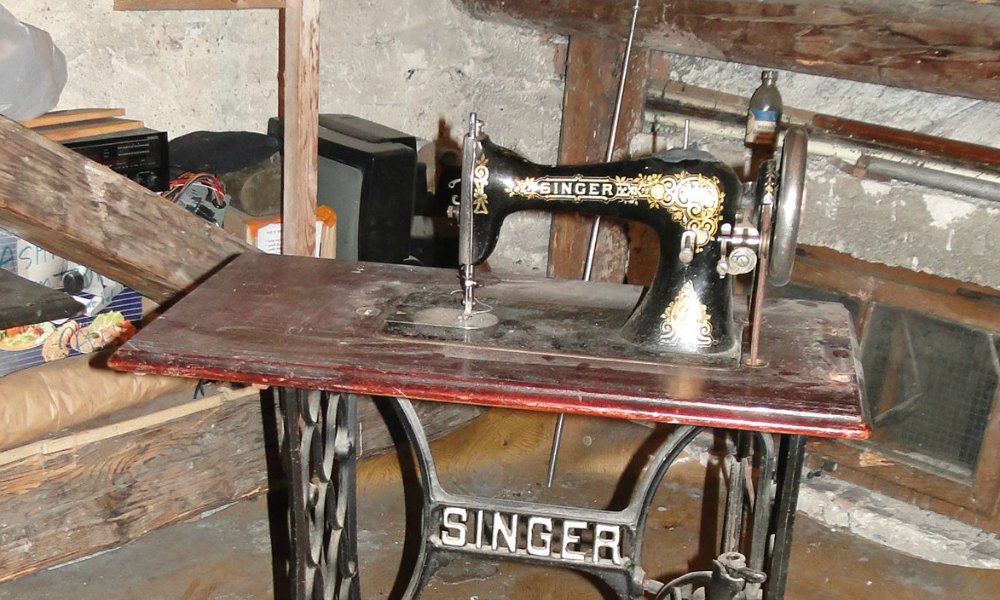Kolejną osobą, która zgodziła się udzielić nam wywiadu, jest Pani Margot Schlesinger, która wraz z mężem, Cheskelem, podczas II wojny światowej była zatrudniona w zakładach Juliusa Madritscha - najpierw w Tarnowie, a potem w Krakowie-Płaszowie. Kiedy ogłoszono wieść o likwidacji obozu w Płaszowie, Pani Margot Schlesinger znalazła się na słynnej "Liście Schindlera". Zapraszamy do obejrzenia jej wspomnień, w których opowiada nie tylko o Juliusie Madritschu, ale i o kierowniku tarnowskiego zakładu, Rajmundzie Titschu, który za swoje dokonania także został odznaczony medalem "Sprawiedliwych Wśród Narodów Świata".
-

Sewing machine used at the Madritsch plant
Maszyna do szycia używana w warsztacie Madritscha
-

Tree devoted to Julius Madritsch at Yad Vashem
Drzewko poświęcone Juliusowi Madritschowi w Instytucie Yad Vashem
-

Article about our project in local newspaper
Artykuł o naszym projekcie w lokalnej gazecie
-

List of workers at the Madritsch plan in Tarnow
Lista pracowników tarnowskich zakładów Madritscha
-

Location of one of Madritsch plants in Tarnow
Miejsce położenia jednej z tarnowskich fabryk Madritscha
sobota, 1 kwietnia 2017
Ekskluzywny wywiad z Margot Schlesinger o Madritsch i Titschu
Marcin Zaród01:04Cheskel Schlesinger, Holocaust, Holokaust, Interview, Julius Madritsch, Kraków, Margot Schlesinger, Plasow, Płaszów, Raimund Titsch, Regine Schlesinger, Tarnow, Titsch
Brak komentarzy

Exclusive interview with Margot Schlesinger about Madritsch and Titsch
Marcin Zaród00:49Cheskel Schlesinger, Holocaust, Holokaust, Interview, Julius Madritsch, Kraków, Margot Schlesinger, Plasow, Płaszów, Raimund Titsch, Regine Schlesinger, Tarnow, Titsch
Brak komentarzy

Mrs. Margot Schlesinger also agreed to give us an exlusive interview, in which she describes her life during the WWII and how she and her her husband, Cheskel, was employed at Julius Madritsch's factory in Tarnow and then in Cracow-Plaszow. When the news of the liquidation of the Plaszow camp was announced, Margot Schlesinger was entered onto the famous "Schindler's List". In her interview she tells not only about Julius Madritschu, but also about the manager of the Tarnow plant, Raimund Titsch, who after the war was also awarded the medal "Righteous Among the Nations" for helping the Jews to survive in those dark times.














